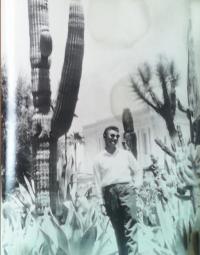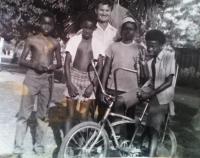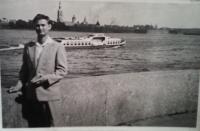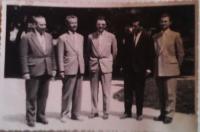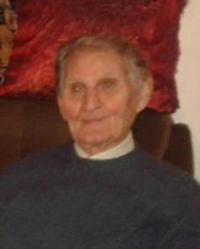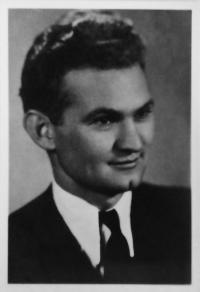Live a life that‘s worth living

Stáhnout obrázek
PaedDr. Pavel Lacko was born on January 2, 1929 in Vyšná Pokoradz. He started the elementary school in his hometown, later he studied at the municipal school and the Teaching Academy in Lučenec. He wanted to enroll at the theological faculty, however, he was unable to do so because of lack of teachers. After the First Vienna Award in 1938, when the southern parts of Slovakia were annexed to the Republic of Hungary, he was living as a young boy in the Slovak - Hungarian borderland. His birthplace Vyšna Pokoradz belonged to the Slovak Republic while the next village Nižná Pokoradz was given to the Republic of Hungary. He survived the 14 days long occupation of Vyšná Pokoradz by German troops during the liberation of former territory of the Czechoslovak Republic in 1945. He subsequently joined the Russian resistance. At the end of the 1950s he started to teach at the Vocational Training School for Agriculture in Rimavská Sobota, where he worked until his retirement age. In the first half of the 1960s he enlisted in the compulsory military service in Bruntál, Moravia. During the socialist period, he was able to travel to the United States. In 2014 he published a book about his native village Vyšná Pokoradz. Pavel Lacko currently lives in Rimavská Sobota.
